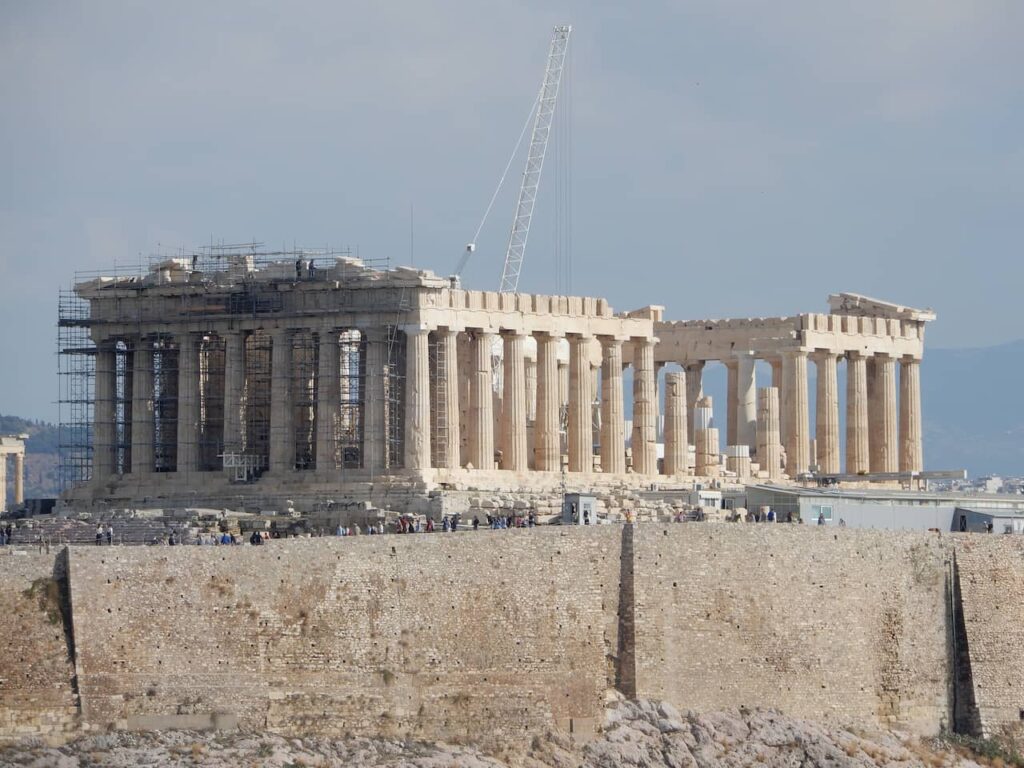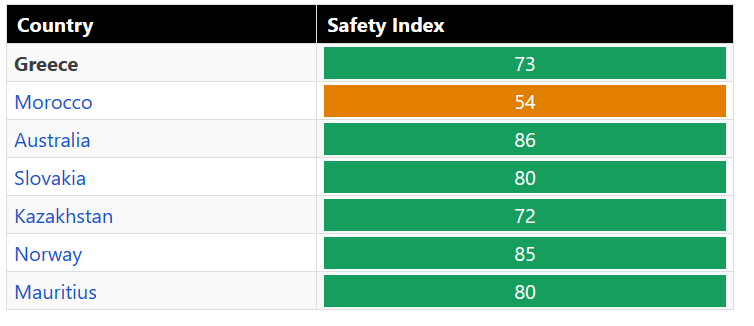Greece’s history is vast and complex, and its cultural and historical heritage continues to be a source of inspiration and influence around the world.
The story goes back thousands of years and is known for its significant contributions to Western civilization. Ancient Greece was the birthplace of democracy, philosophy, literature, theater, science, mathematics, and the Olympic Games, among other cultural and intellectual achievements.
The Prehistory:
It dates back to periods such as the Bronze Age and the Mycenaean Civilization, which flourished between the 18th and 12th centuries BC. The Trojan War, described in Homer’s Iliad, is a legendary event that would have taken place around this time.
The Collapse of the Mycenaean Civilization:
After the collapse, Greece entered a period known as the Dark Ages, of which little is known. Around the 8th century BC, the Greek Renaissance known as the Archaic Period took place when city-states began to develop. The most prominent city-states were Athens and Sparta.
The Classic Period:
from the 5th to the 4th century BC, it was the heyday of Ancient Greece. During this period, Athens experienced unprecedented cultural and intellectual flowering. Philosophers such as Socrates, Plato, and Aristotle, playwrights such as Aeschylus, Sophocles, and Euripides, and the historian Herodotus are some of the great names of this period. The Greco-Persian War and the Peloponnesian Wars also took place during this period.
The Hellenistic Period:
After the death of Alexander the Great in 323 BC. This period was marked by the expansion of Alexander’s empire and the spread of Greek culture throughout the Middle East and beyond. Cities like Alexandria, Egypt became important cultural and scientific centers.
The dominions of the Romans:
The country was dominated by the Romans from the 2nd century BC and became part of the Roman Empire. However, Greek culture continued to heavily influence the Roman Empire and, later, the Byzantine world.
After the decline of the Roman Empire, Greece went through various periods of occupation and dominance by various powers, including the Ottomans. The struggle for Greek independence began in the early 19th century, culminating in the Greek War of Independence, which lasted from 1821 to 1830, resulting in the independence of Greece.
Throughout the 20th century, Greece experienced periods of political instability, including German occupation during World War II and internal civil war. Greece became a parliamentary republic in 1974 and has since been a member of the European Union and NATO.









